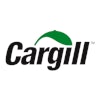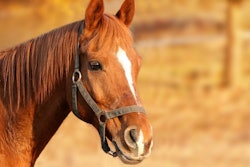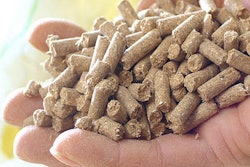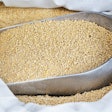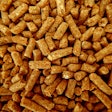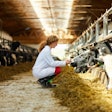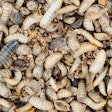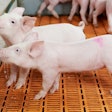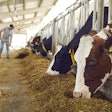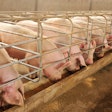In the concluding episode of "Diamond V at 75: Immune Strength for Life,” video host Kevin Corizzo reported from the World Dairy Expo in Madison, WI. He interviewed Dr. Bill Stone, Diamond V's ruminant technical services director, on how milk fat, the bright spot in the long-lasting low dairy market, can be optimized.
"There are two big areas that can really influence milk fat," Dr. Stone says. "First, getting as stable a ruminal fermentation as we can, and second, avoiding large amounts of plant oils or polyunsaturated fatty acids in the diet."
Dr. Stone highlighted management and feeding tips to sustain milk fat concentration, including helping rumen microbes fully saturate fatty acids so that they pass out of the rumen in a form that does not impair milk fat synthesis at the udder. He also noted how producers were keeping calves healthy and Salmonella under control.
Corizzo also asked Dr. Ilkyu Yoon, director of ruminant research and technical support at Diamond V, about how the cow's immune system affects her productivity.
"A strong immune system is vital," Dr. Yoon says. "To make the cow more resilient to pathogen challenges and protect her from becoming infected and sick. However, once the cow is infected, the immune system is activated to clear the inviting pathogens."
Activation of the immune response increases demand for energy and other nutrients even as the cow goes off feed, which reduces milk production.
"By supporting the cow's immune system," Dr. Yoon said, "we can help the cow sustain good health and productivity."

